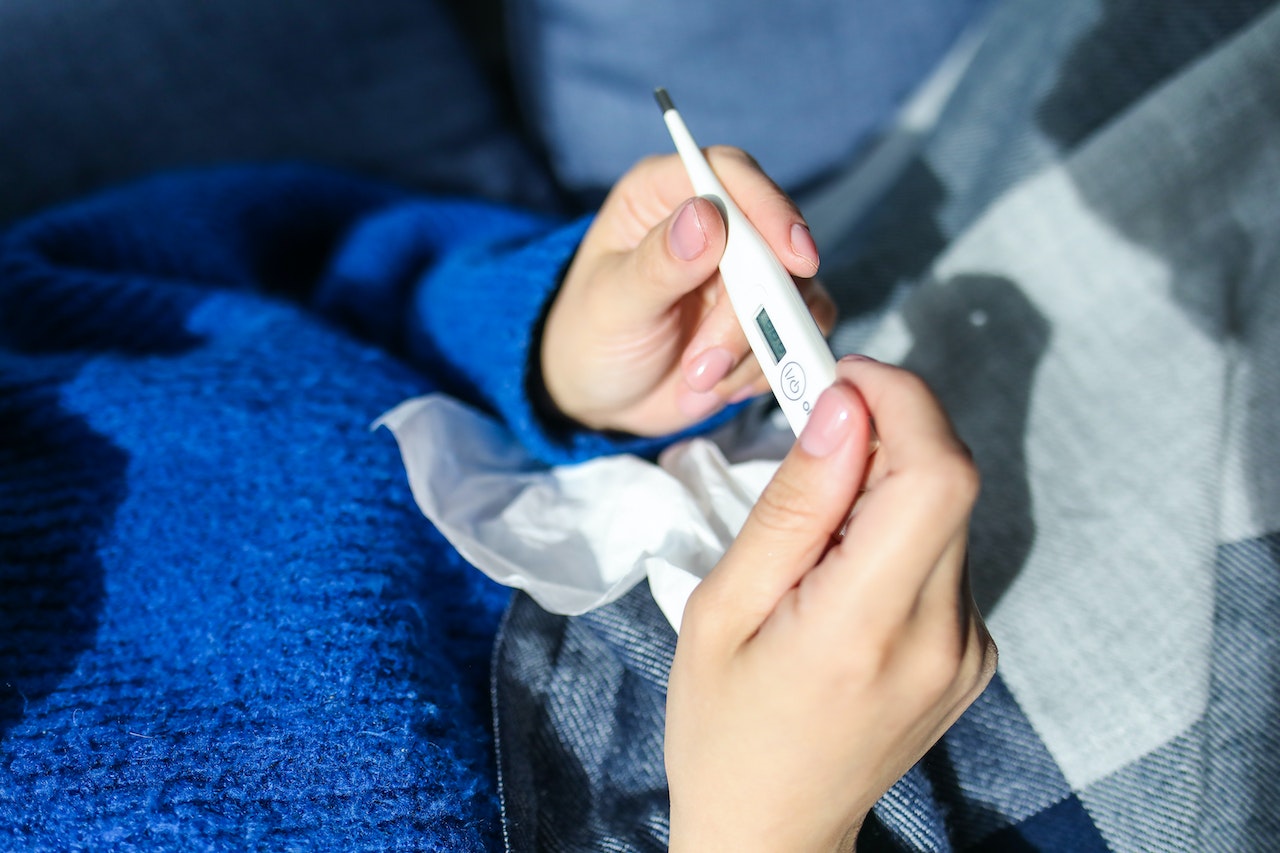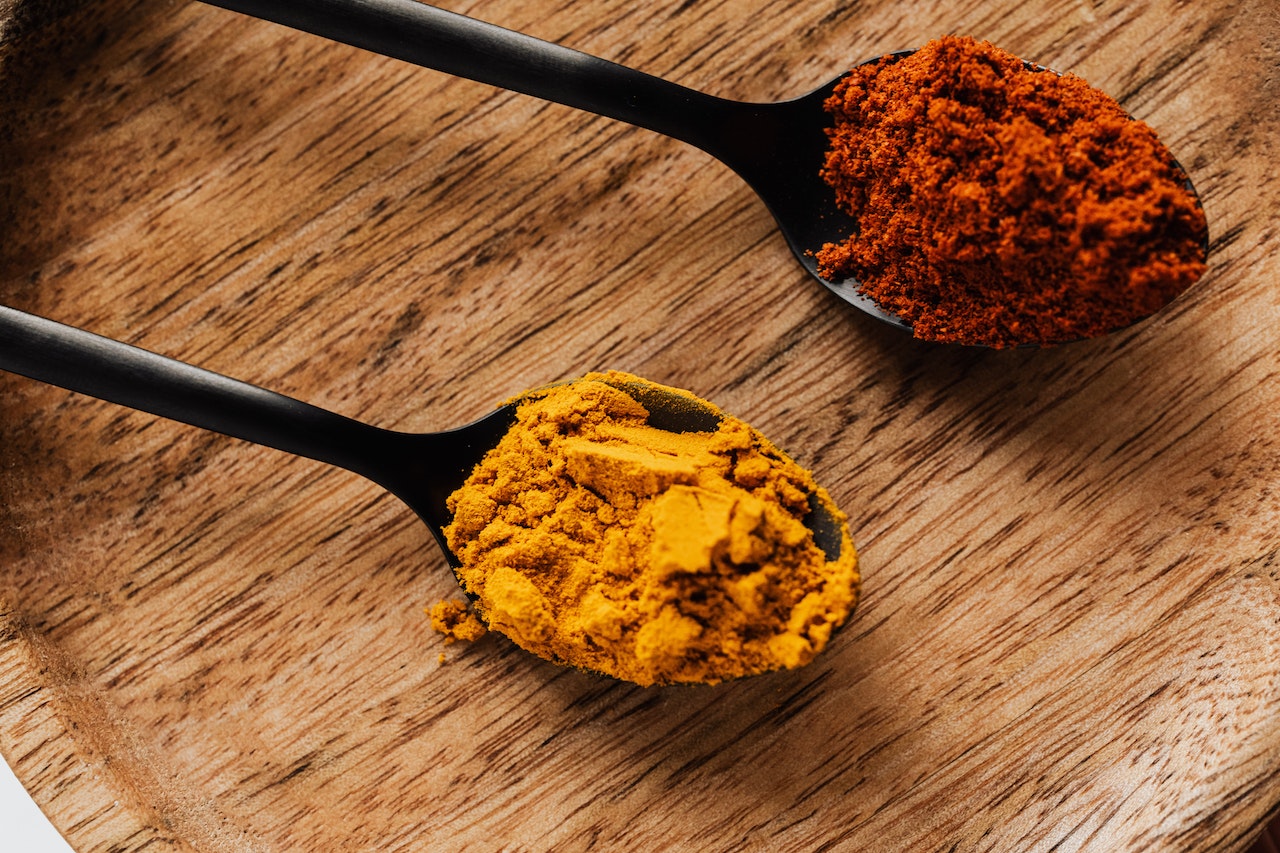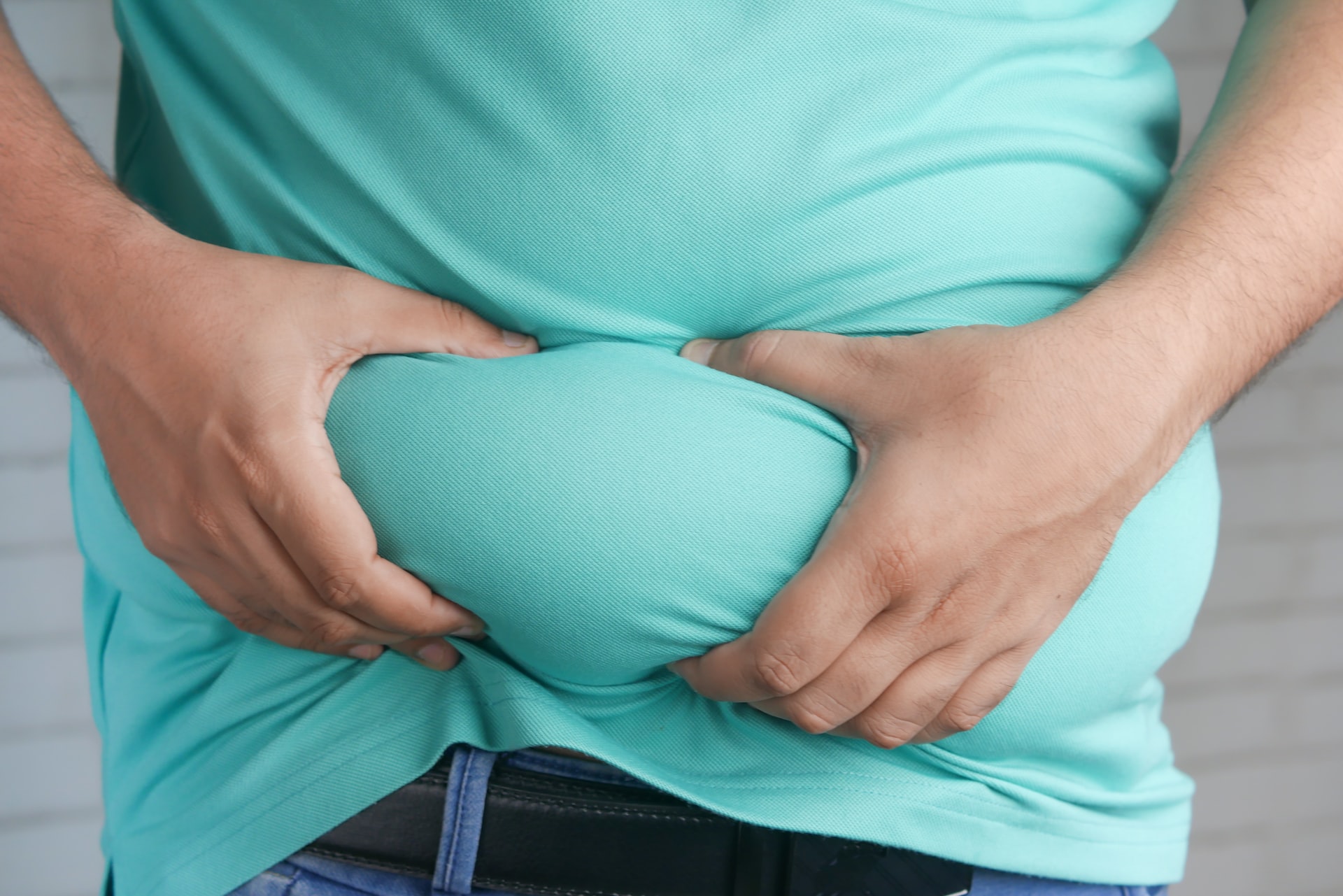What You Should Know When It Comes to Food Cravings
Cravings are necessary for everyone; it’s one of the entities that are practically universal, leading to overconsumption, frustration, and hopelessness. Cravings will end up triggering questions that include, but are not limited to:
- Why do cravings happen?
- What can be done for cravings to stop?
- Are people who can’t control cravings essentially bad?
- Does giving in to cravings equate to not having willpower at all?
- Is it possible to go on a diet without dealing with cravings?
- What options are there aside from fighting the craving or giving in?
- Isn’t craving for a certain something a clear signal from the body that it’s necessary in order to survive?
Cravings: What Are Their Characteristics?
Quite a bit of research has been done when it comes to cravings. Across all of that, quite a few things have stood out as particular characteristics, including:
- Cravings are usually “junk foods” (processed foods) that are high in sugar, fat, or salt.
- Cravings can be triggered by internal matters: a complex set of hormones and other chemicals within both the brain and body.
- Cravings don’t usually have a link to hunger. They’re rooted more in pure habit, a certain time of day, stress or other strong emotions, or even a particular situation.
- Cravings have a tendency to be for highly palatable, calorie-dense foods. They’re practically never for protein, fruits, or vegetables.
- Cravings tend to be ramped up by food deprivation, which tends to happen in dieting.
Cravings: What’s the Source?
Some studies over time have shown that regularly undergoing dieting tends to trigger a strict approach to food choices that lead to cravings for the food that is deemed “off-limits.”
Many diets, for example, restrict junk foods by default. Processed “junk” is essentially meant, after all, to strongly appeal to the reward center of the brain. The moment the brain gets rewarded, the habit of eating these foods is reinforced. That leads to the seeking of a similar reward. So once an existing craving for junk food is met, it just triggers a renewed want all over again.
A study in 2013 pointed out that one of the strongest predictors of eating behaviors like cravings is habit. The moment something becomes a habit, there’s little information needed by people in terms of coming up with a decision. In other words, an automatic behavior is reinforced.
Aside from cravings, a lot of eating behaviors are actually triggered by situational cues. The study also pointed out that intent to overcome a given habit is already a rather poor predictor of being able to successfully overcome the said habit.
Interventions
Several mindfulness interventions have been singled out in terms of cravings. A popular technique is to attempt emotional regulation by pinpointing feelings at the time and writing them down. Afterward, the emotions are best viewed as temporary, not needing any specific action. Cravings tend to pass in 20 minutes at most.
Conclusion
Practically everyone in the world experiences food cravings at some point. It’s usually less about hunger and more of an emotional response, often looking strictly for “junk” foods because the brain’s reward system is satiated. Key interventions are rooted in mindfulness.
Seeking help when it comes to weight loss? Reach out to Rhythmic Health today! We’re on a mission to help people conquer their health challenges to lead even more fulfilling lives.









